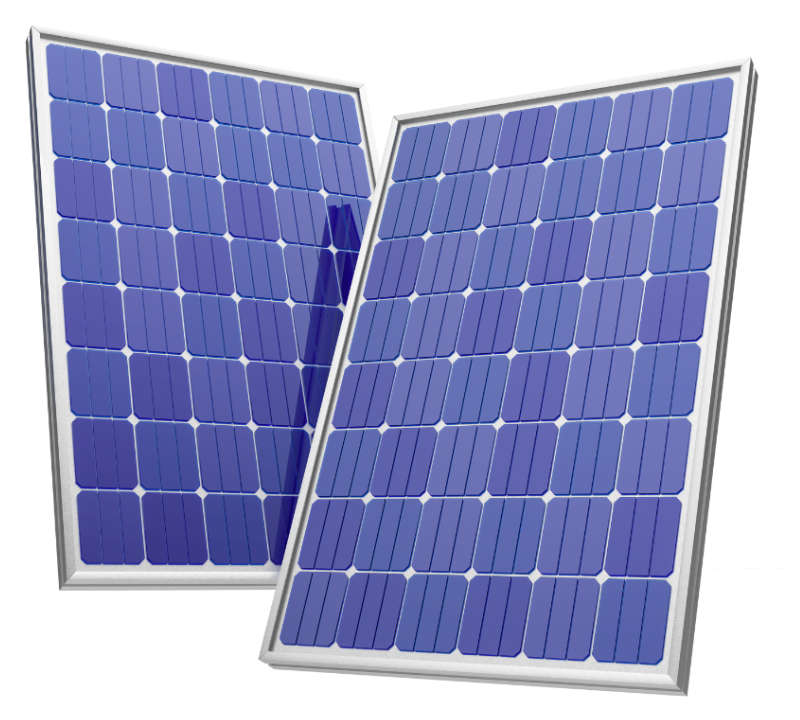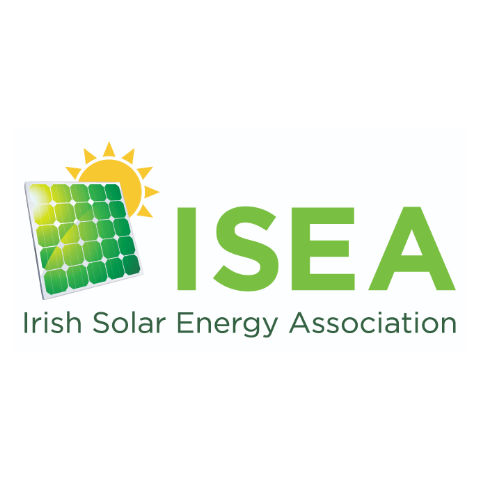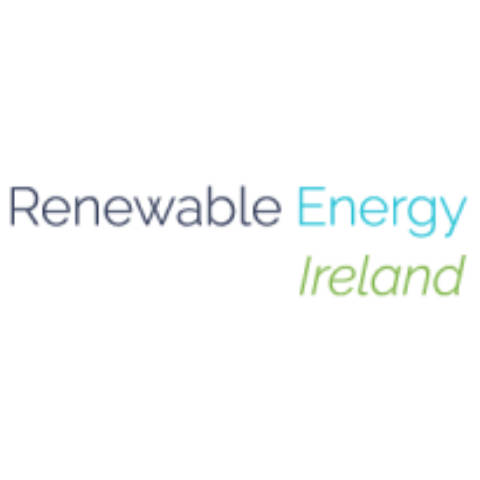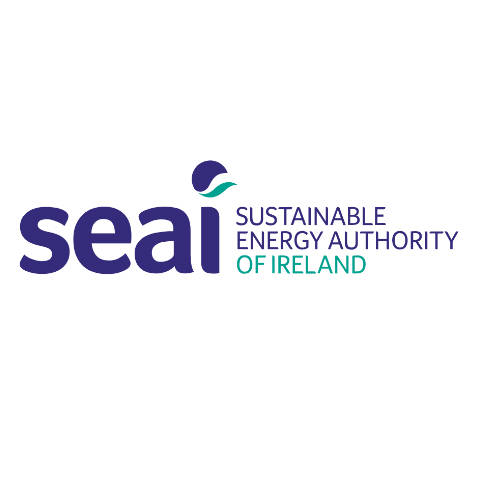Why Solar Power?
Generally, electricity demand is greatest during the daytime, with peak demand occurring between 5pm and 7pm. An increase in solar generation would displace some of the need for fossil fuel back-up when wind is unable to satisfy demand.
A typical solar panel will save over 900kg of CO2 per year that results in a carbon payback period of ~ 1.6 years. As solar panels have an expected life of 25 years, even in areas where the sun’s radiation is received at less than 550kWh per m2, a typical solar panel takes around 6 years to pay back its energy cost. It takes 6-8 acres of land to generate roughly 1 MW of solar energy.
The two main types of solar energy are: solar thermal and solar PV (photovoltaic). Solar farms use solar PV to generate electricity and export this to the national grid, less than 1% of our electricity is generated from solar. This presents a significant opportunity to increase the share of solar to the national grid.
Solar PV
Solar Thermal
Solar Thermal

Understanding Solar Power
Resources & Associations

Solar Energy Association

View Ireland's renewable energy associations

View Ireland's Climate Action Plan
